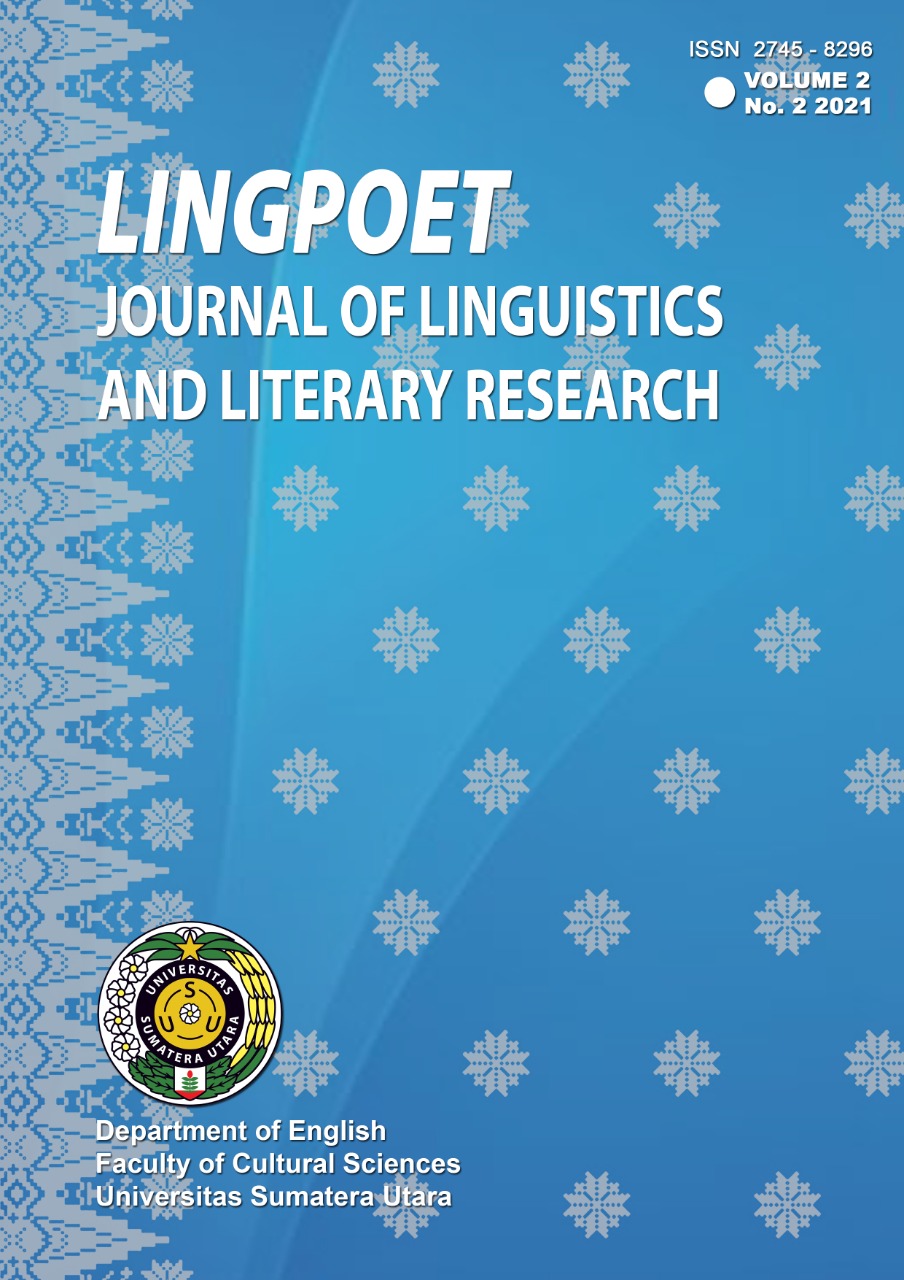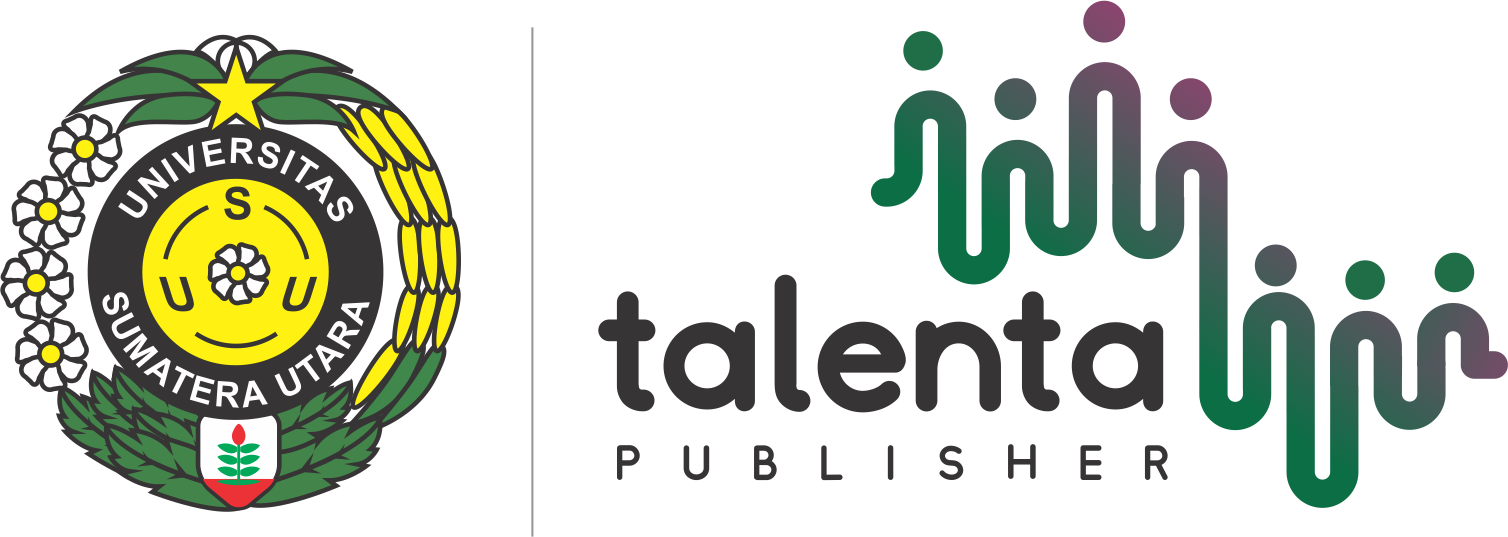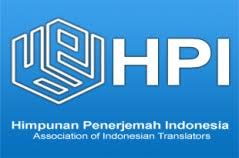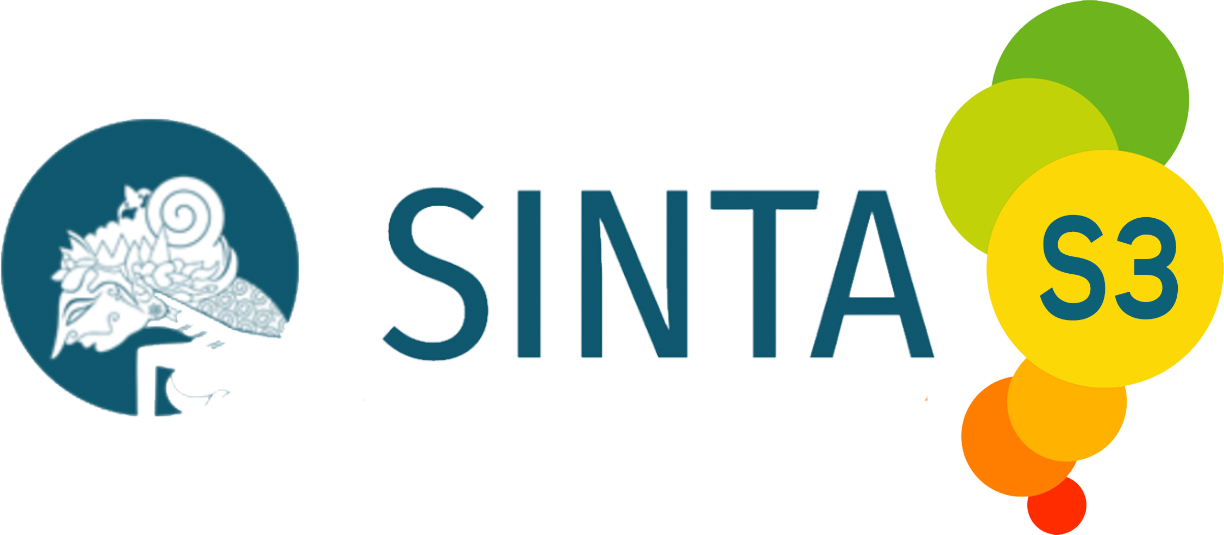Determining Illocutionary Act with VARIES Models
DOI:
https://doi.org/10.32734/lingpoet.v2i2.5764Keywords:
Sociopragmatics; Language Use; Social Backgrounds; VARIES Models; Illocutionary Act.Abstract
Research on the use of language is growing over time as many theories of language use are found. Language is no longer just for communicating but identifying something either implicitly or not. This paper discusses the language use to identify the act of utterance by knowing the context and social background in panel discussion conducted by descriptive qualitative approach with content analysis method and focused on language use based on the phenomenon of the panel discussion. The data in this study was in the form of utterance containing lexical items which is used to refer to speakers’ language uses in conveying social background and action. This research applied sociopragmatic approach to analyze speakers' social background using VARIES Model theory and speakers's meaning using Illocutionary Act theory through language use. The result of this study shows that vocational language can determine acts such as representative, expressive, directive speech act; age language to directive speech act; religion language to representative, directive and expressive speech act; informality language to representative, expressive and declarative speech act; education background to representative, directive, expressive, commissive speech act; sex language to representative, directive, commissive, expressive and declarative speech act
Downloads
References
Hudson, R. A. Sociolinguistics. London: Cambridge University Press. 1980.
Levinson, Stephen C. Pragmatics. Cambridge University Press. 1983.
Adeyanju, O. Sociolinguistics: An Introductory Insight in Language, Meaning, and Society. Ilorin: Haytee Press and Publishing Co.Nig.Ltd. 2002.
Milroy, L. & Gordon, M. Sociolinguistics. Berlin, Germany: Blackwell Publishing. 2003.
Searle, J. R. Speech Acts An Essay in the Philosophy of Language. London : The Syndics of the Cambridge University Press. 1969.
Searle, J. R. Expression and Meaning : Studies in the Theory of Speech Act.London : The Syndics of the Cambridge University Press. 1979.
Leech, Geoffrey. Principle of Pragmatics. London: Longman. 1983.
Holmes, J. An Introduction to Sociolinguistics. 3rd Edition. England: Pearson Longman. 2008.
Austin, J, L. How to Do Things with Words. Cambridge. Harvard University Press. 1962.
Searle, J. R. A Classification of Illocutionary Act. London : The Syndics of the Cambridge University Press. 1976.
Yule, George. Pragmatics. Oxford University Press. 1996.
Cresswell, J. W. Research Design : Qualitative, Quantitative, and Mixed Methods Approaches. 3rd Edition. United States of America : SAGE Publications. 2009.
Austin, J, L. How to Do Things with Words. 2nd Edition.Cambridge. Harvard University Press. 1975.
Hadiati, C. Felicity Conditions of the Speech Acts in Banyumasan Daily Conversation. UK: Academy Publication. 2019.
Lehmann, P.L. Descriptive Linguistics: An Introduction. 2nd Edition. New York: Random House. 1976.
Odebode, I. A Sociolinguistic Study of Fagunwa/Soyinka’s The Forest of a Thousand Daemons. Nigeria: Redeemer’s University. 2012.
Odebode, I. A Socio-pragmatic Analysis of Ahmed Yerima’s Ade Ire. Nigeria: Redeemer’s University. 2015.
Rangkuti, R., Zulfan and Lubis, P. A.. “Hate Speech: The Phenomenon of Offensive Language†in The Second Annual International Conference on Language and Literature, KnE Social Sciences, pages 621–633. DOI 10.18502/kss.v3i19.4891. 2019.
Widiantho, Y. “Hate Speech Addressed to President Joko Widodo in Online Media: Impoliteness Strategies Analysisâ€, lingpoet, vol. 1, no. 1, pp. 14-19, Sep. 2020.
Wardaugh. An Introduction to Sociolinguistics: 1st edition. New York: Basil Blackwell Ltd. 1986.
YouTube. Is digital media good for democracy? BBC News. 2017. Retrieved from https://youtu.be/zDdWbStC2VU. [Accessed: December 2019]
Downloads
Published
How to Cite
Issue
Section
License
Copyright (c) 2021 LingPoet: Journal of Linguistics and Literary Research

This work is licensed under a Creative Commons Attribution-ShareAlike 4.0 International License.













